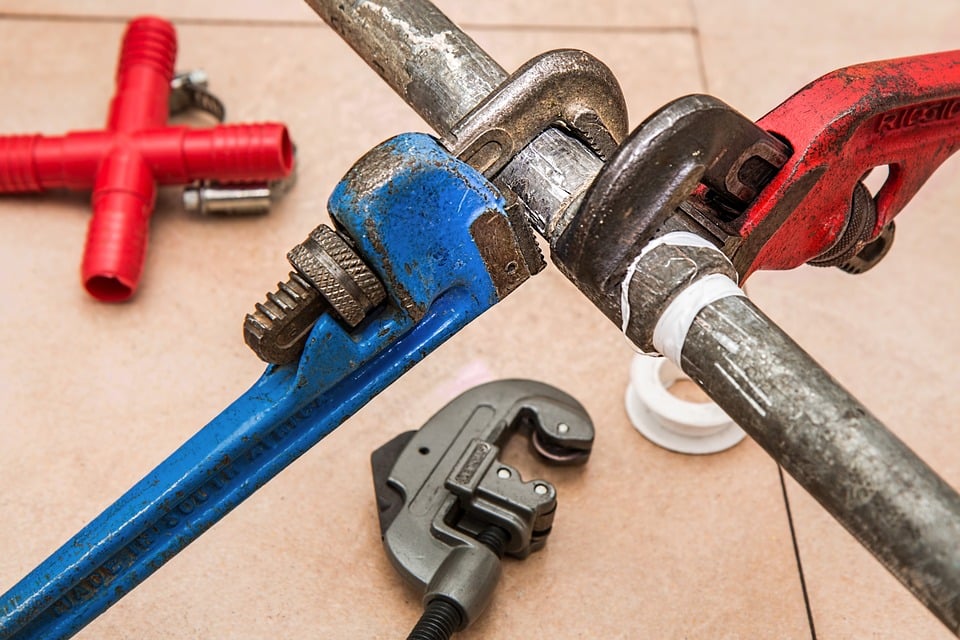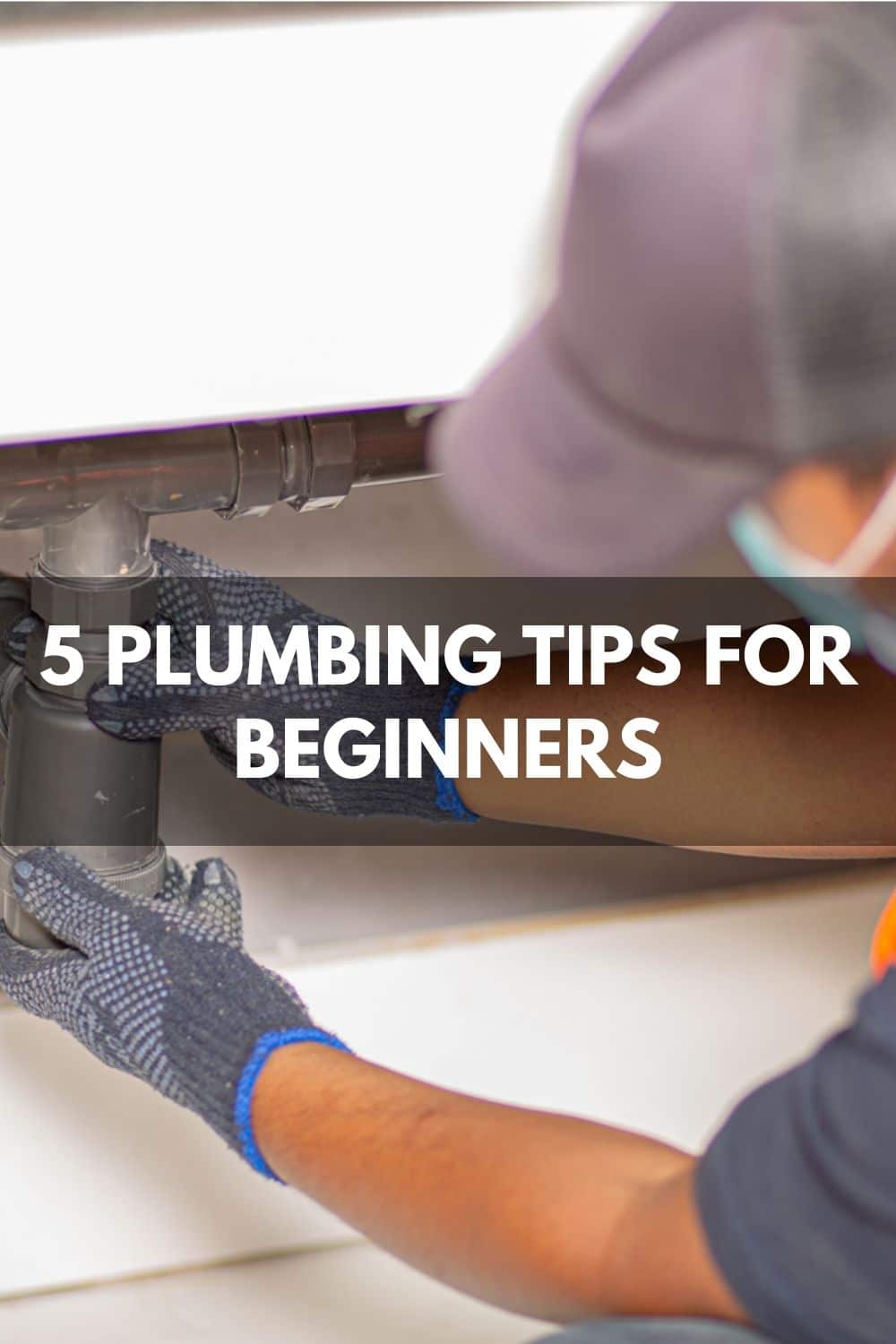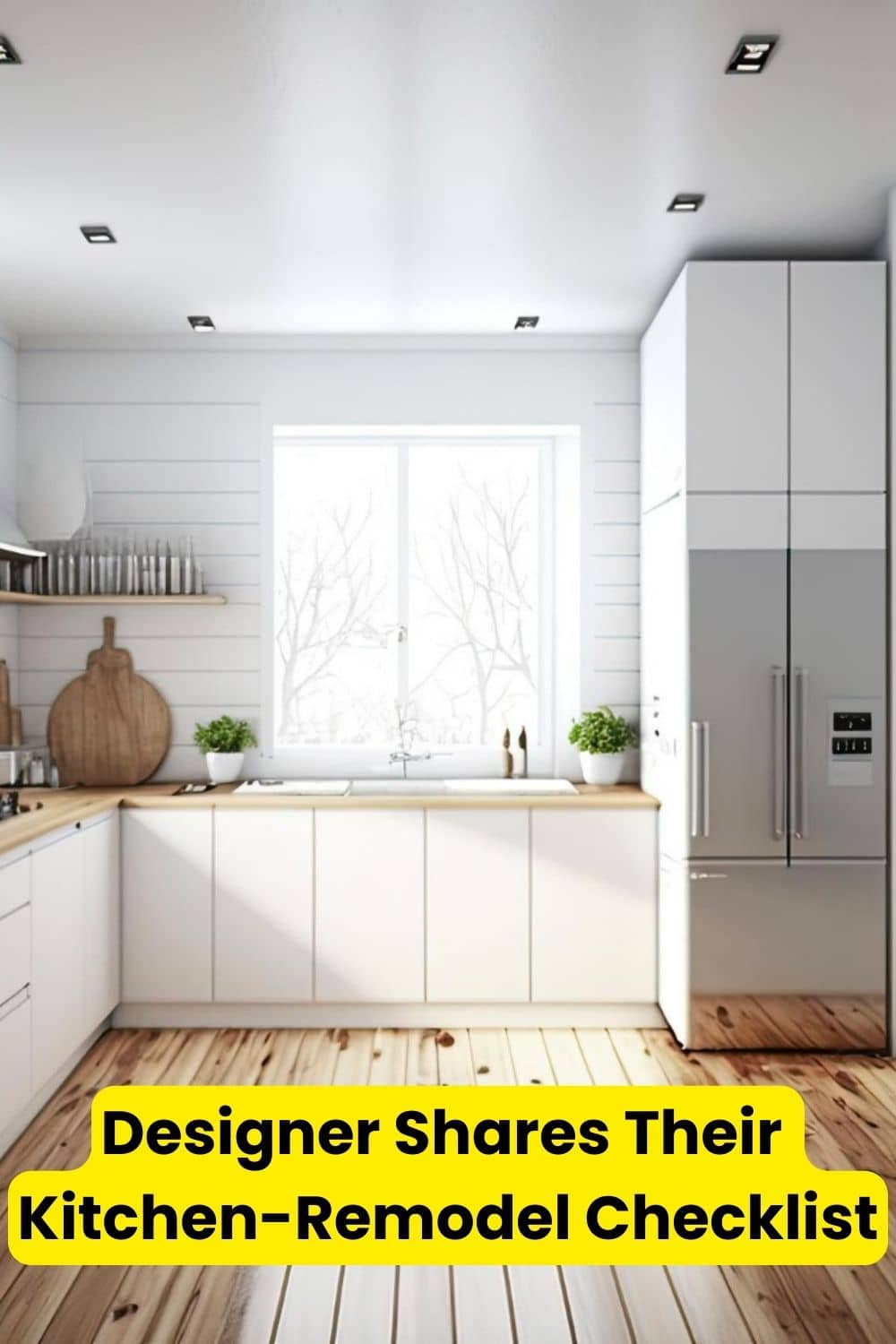Your plumbing is very crucial for two fundamental reasons: First, it ensures that you have easy access to clean water for cooking, cleaning, and drinking. Second, it ensures sanitation within your home by safely disposing of wastewater.
Therefore, it is vital to have a basic understanding of how your plumbing works. Armed with this information, you will be a well-informed homeowner, as it will be easier to avoid decisions and actions that could ultimately lead to plumbing problems.
Must-Have Plumbing Tools
Any homeowner can fix several plumbing issues with no professional plumbing repair services. For instance, basin leaks, showerhead issues, clogs, running toilets, and basin leaks. Therefore, it is good to get some plumbing tools, such as a tongue, plunger, basin wrench, groove pliers, pipe wrench, compression sleeve puller, tubing cutter, adjustable wrench, and a drain snake.
Identify Your Shut-Off Valves
If you are a first-time homeowner Unfortunately, quite a few homeowners have learned the hard way that septic tank plumbing systems are sensitive. However, regardless of the plumbing sewer line system installed in your home, it is good to have a policy of never flushing down the toilet some types of waste. These include but are not limited to: face and baby wipes, dental floss, sanitary towels, Q-Tips, and cotton balls. These and other similar items could lead to nasty clogs, which would incur unnecessary expenses to rectify. Unclogging a drain is a simple plumbing issue you can fix for yourself. If the clogged drain is because of an object lodged in your drain pipes, such as a toothbrush or a toy, you can suck it out using a wet-dry vacuum. If the drain is slow moving, pump the drain, and wait for the water to drain. Then, pour a combination of house chemicals such as vinegar, salt, baking soda, or citrus juice down the drain. Leave the chemicals to dissolve or eat away the buildup in your drain. However, regular use of these chemicals will, in time, corrode the inside of your drainage pipes. If your drain clogs up frequently, it may be a sign of another more serious underlying problem in your plumbing system. Reach out to a plumbing professional to clear out your pipes. Another option would be to use a drain snake to clear out and dislodge the gunk stuck in your drainage. A common misconception is that over-tightening your pipe connections and fittings are a good practice. Over-tightening your pipe connections and fittings can lead to stripped screws or broken bolts. Therefore, your pipe fittings and connections should be just tight enough that you would require using only your hands or a wrench to loosen them. Over tightened connections and fittings would require using other more powerful means to detach them, which could cause stripped screws, broken bolts, and lead to drain leaks. The above are a few tips to help you to maintain your plumbing system for as long as possible. Detect plumbing issues before they spiral out of control and avoid costly damages. For example, the most effective way to keep gunk out of your kitchen drain is to throw food and other items into the garbage bin before placing your utensils in the sink.
Learn about what to flush and what not to do.
Unclogging a Drain
Over-tightening Your Pipe Connections

Conclusion





Leave a Reply